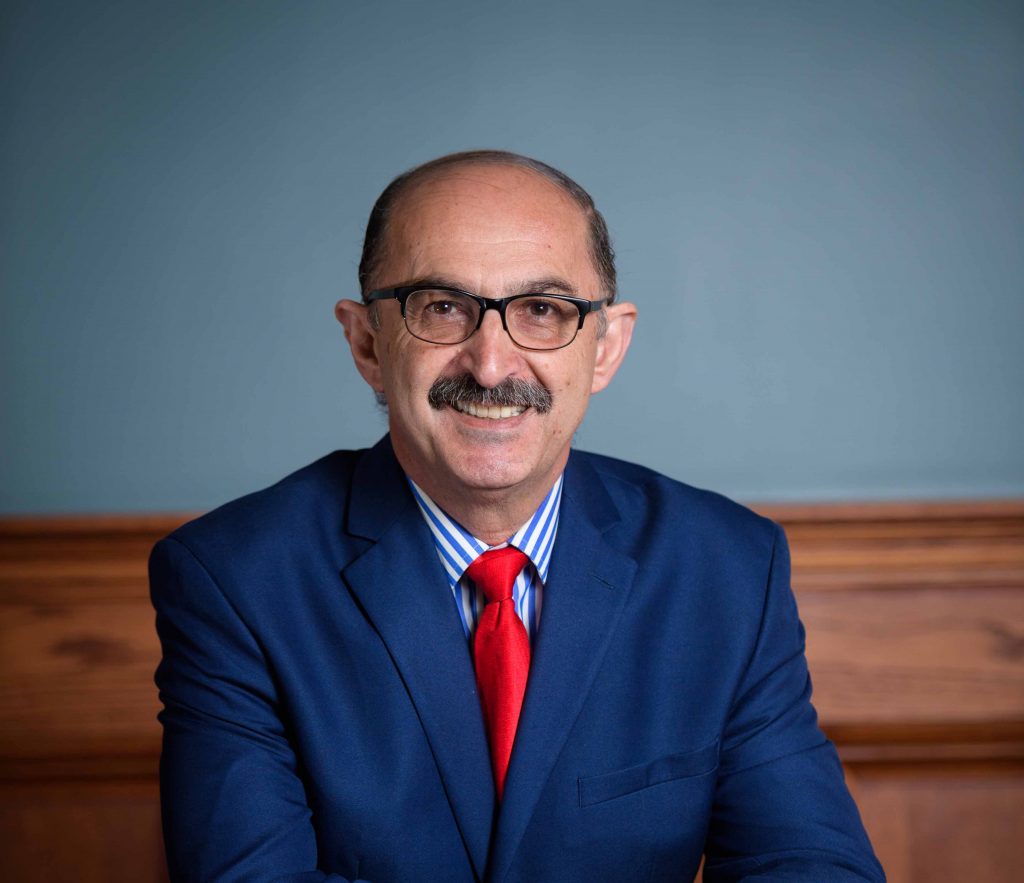The Common Ground Committee, a group created to make recommendations to the School of Journalism and New Media on how to move forward after the Meek controversy, has yet to release its official recommendations, opting instead to host community events to reinforce the idea that hearing all opinions on sensitive matters is important.
“A part of our mission was to … identify what the problem was or problems that could arise from (the Meek post) and see what we can do to foster an environment of inclusivity,” said Assistant Dean Jennifer Simmons, the committee chairperson.
The committee, which includes faculty and students from all backgrounds, set a goal of releasing a list of recommendations to the school that would work to change any negative image and foster a discussion about the future.
In an interview with The Daily Mississippian in January, Simmons said Common Ground members planned to draft final recommendations to Will Norton, dean of the School of Journalism and New Media, by April. However, Norton said he has not yet received any written recommendations.
Soon after its formation, the committee posted the Professional Code of Ethics, along with various organizations’ codes of ethics, around Farley Hall.
In addition, the committee decided to screen “American Hate,” a documentary made by senior journalism major Brittany Brown, in the Overby Center. The committee also held implicit bias training for faculty, and hosted various other events about bias.
The committee is also pushing to add a social media course to the curriculum, most likely as an elective, to help prepare students for the increasing role social media plays in journalism and marketing.
Graham Bodie, a member of the Common Ground Committee and integrated marketing communication professor, said that the university has struggled with its image in the past and that giving faculty the proper resources to facilitate discussion is a key step toward assuring the community is as healthy as it can be.
“We felt like Common Ground represented, primarily, the fact that when you have an issue as serious as the issue of removing someone’s name from a building, you really do need to listen to all the various perspectives,” Bodie said.
Journalism professor Michael Fagans, who is also a member of Common Ground, believes that the ability to hold civil discussion across viewpoints is something that seems to have been lost in our society.
“Very rarely do we ever focus on that middle ground, and that’s where a lot of us can agree,” Fagans said. “Part of the focus of this committee is: Let’s talk about the stuff we agree on. Let’s talk about the stuff we can all hold up and say, ‘Yes, this is stuff we put value in and believe in.’”
Fagans said that if someone sits down with his or her worst enemy and has a real conversation, even they can find something to agree on. This is the mindset Fagans said he thinks people should approach incendiary topics like racism with.
The committee has attempted to open the conversation of racism and bias at Ole Miss through events and awareness.
Samir Husni, a former member of the committee, said the mission of the committee is to ensure that students feel heard and that the school is seen in a positive light.

Likening the university to a forest, Husni said the School of Journalism and New Media has branched out from its humble beginnings as a department into its own school, and through the creation of committees like this, it can decide through conversation what must change.
“We are no longer a part of that jungle, or forest, but we are a tree by itself,” Husni said. “Like every tree, sometimes you need some pruning, sometimes you need some trimming, sometimes you need some cultivating.”






